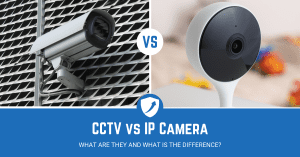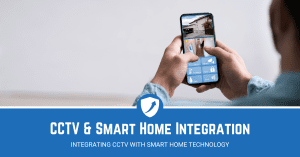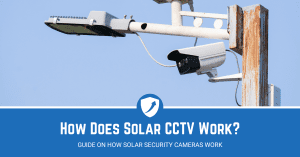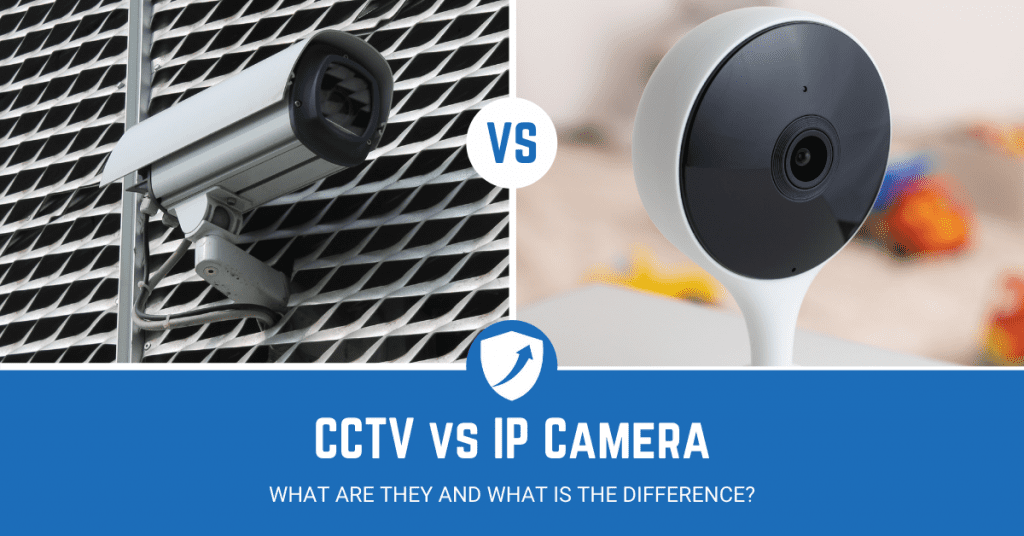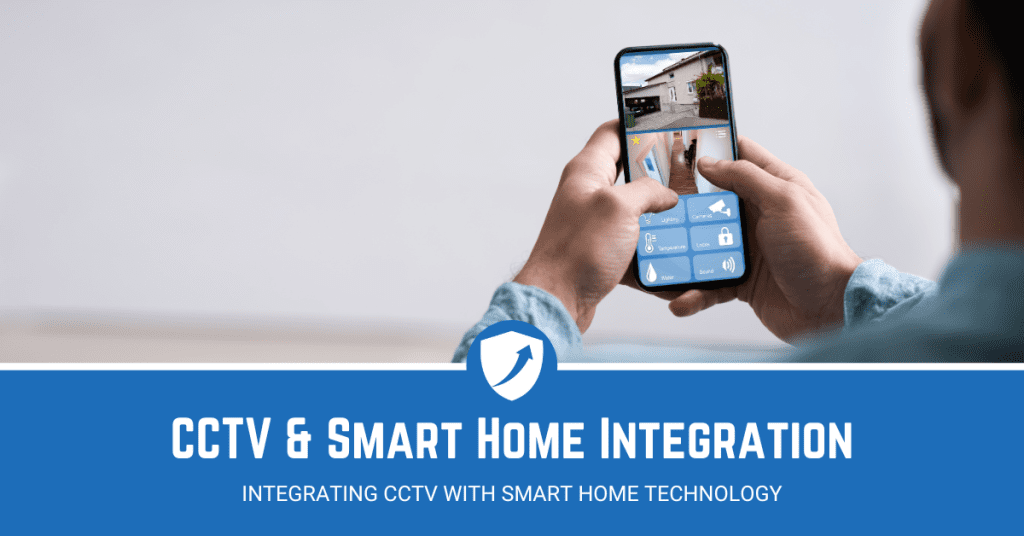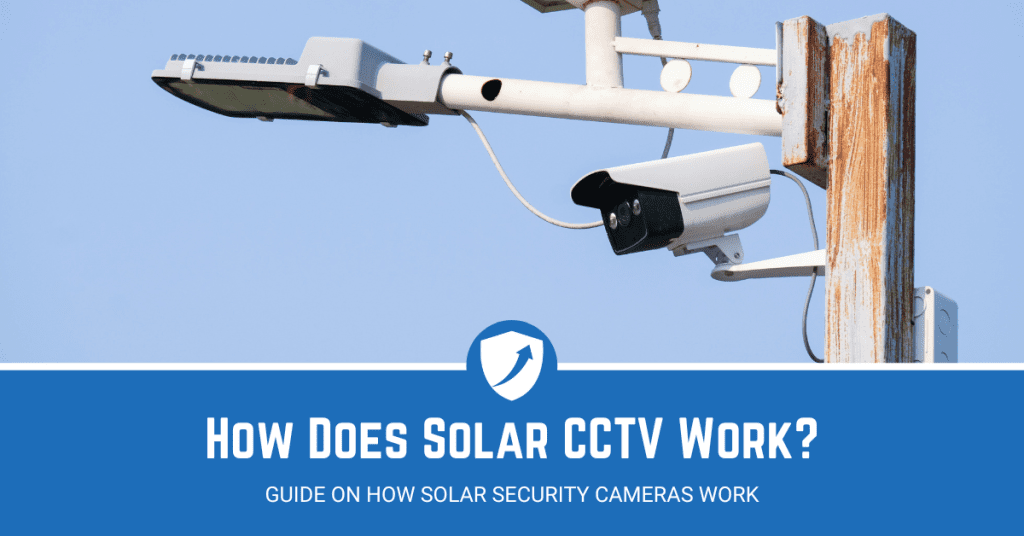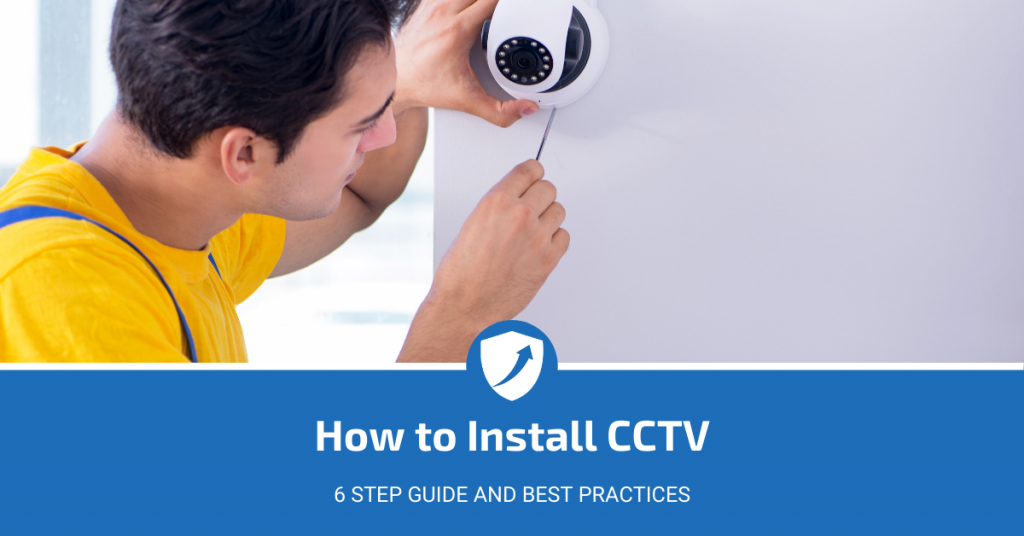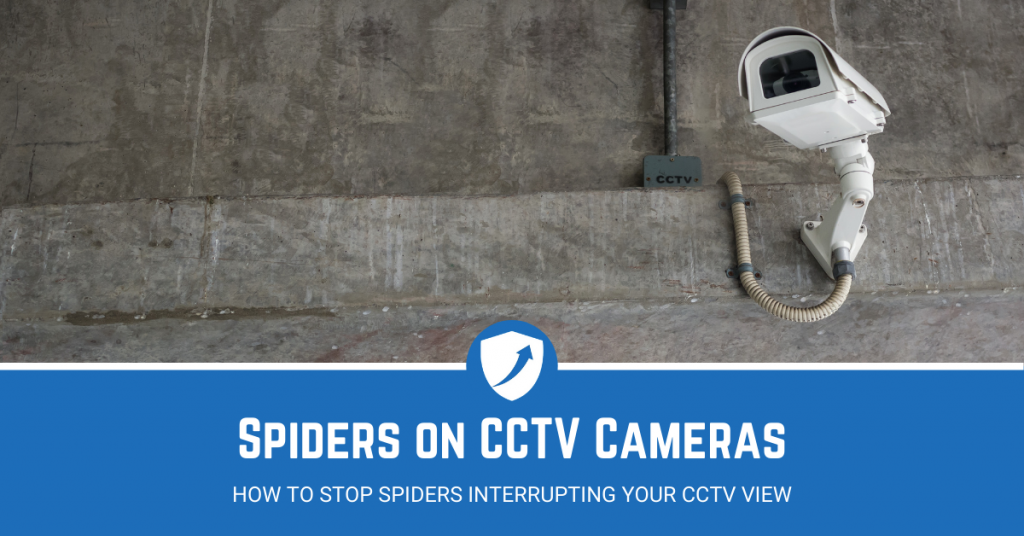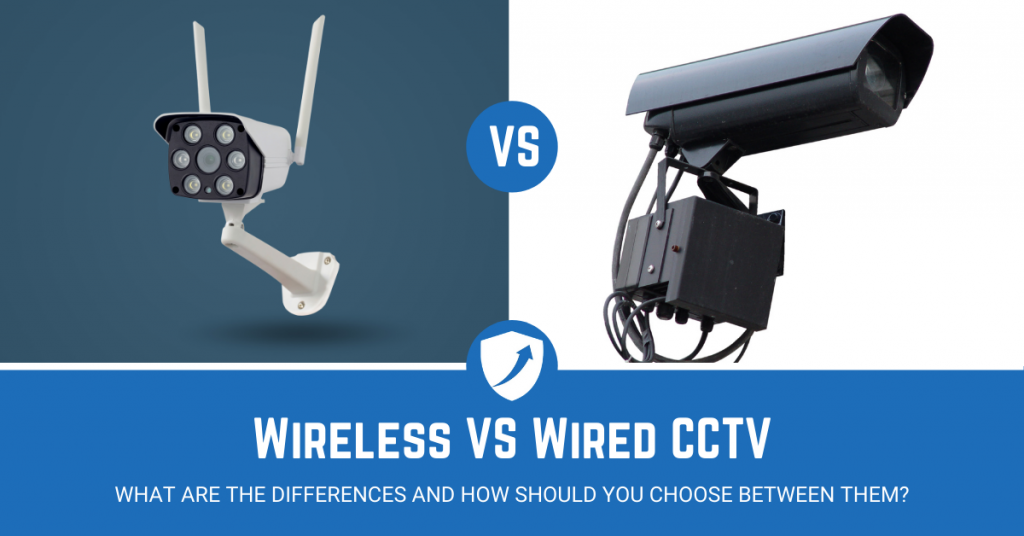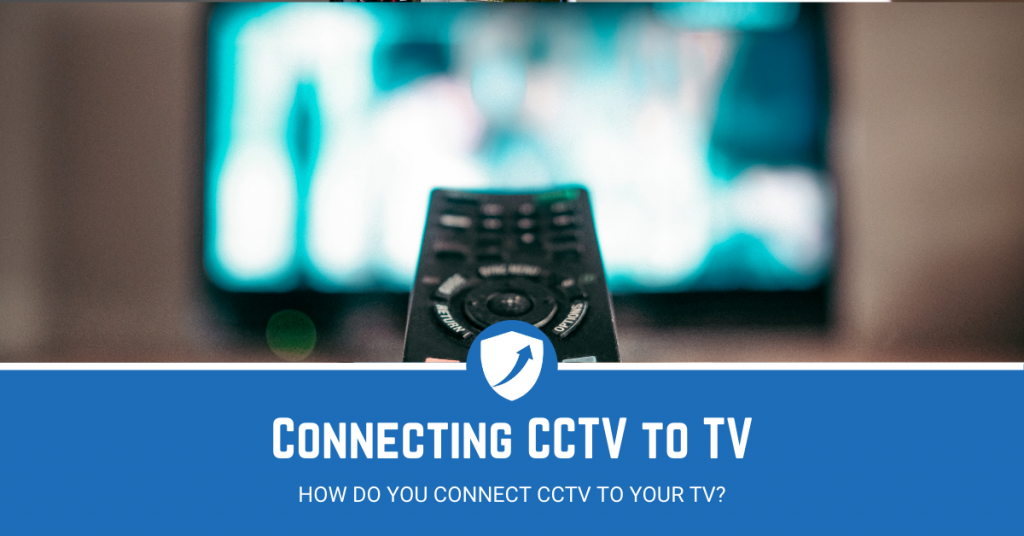Navigating the intricate web of GDPR laws and your CCTV system can seem like a daunting task.
With over 20 years in the security industry, we aim to simplify this complex landscape for you.
Discover how GDPR affects your surveillance setup and why staying updated could mean the difference between lawful operation and unintended illegality.
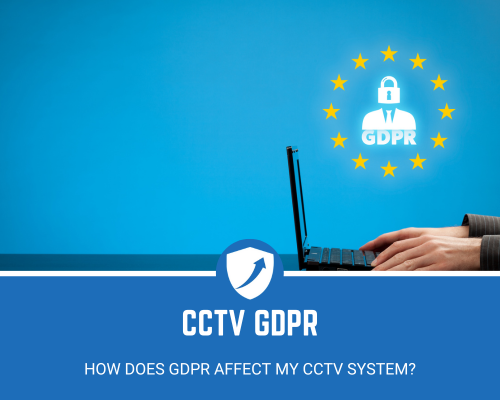
What's in this Guide?
Why Should You Care About GDPR and CCTV?
When GDPR (General Data Protection Regulation) was rolled out, it brought with it stringent rules concerning personal data.
CCTV systems, being a form of data collection, didn’t escape this legislative overhaul. Not adhering to GDPR guidelines could result in hefty fines and severe reputational damage.
What Happens If You Ignore GDPR CCTV Rules?
Ignoring GDPR laws can lead to severe consequences:
- Hefty fines up to 4% of your annual global turnover
- Legal repercussions
- Loss of consumer trust
Is CCTV Considered Personal Data Under GDPR?
Yes, CCTV footage is classified as personal data under GDPR. Any image or video captured by CCTV cameras that can identify an individual is subject to GDPR laws.
This classification further strengthens the necessity for homeowners and businesses alike to be vigilant about compliance.
What Are the Basic GDPR CCTV Rules in the UK?
Here are some foundational rules you should be aware of:
| Rule | Description |
|---|---|
| Notification | Clear signs must indicate CCTV operation. |
| Purpose Limitation | Only use the footage for the purpose stated. |
| Data Minimization | Only collect data necessary for the intended purpose. |
| Storage Limitation | Don’t store data longer than needed. |
| Security Measures | Ensure data is stored securely. |
What Makes You a CCTV Controller?
Being a CCTV controller means that you have control over how and why the data is being processed. It places the responsibility of ensuring GDPR compliance squarely on your shoulders.
Do You Need a Licence for CCTV in the UK?
Operating a CCTV system generally does not require a licence. However, if your system captures public spaces or neighbouring properties, you’ll be subjected to additional CCTV licence laws in the UK.
Always check the ICO CCTV register to ensure you’re adhering to local laws and regulations.
How Do You Register as a CCTV Controller?
- Assessment: Evaluate the necessity and scope of your CCTV system.
- ICO Registration: Register with the Information Commissioner’s Office (ICO).
- Data Protection Impact Assessment (DPIA): Conduct an assessment to identify and mitigate data protection risks.
- Documentation: Maintain a record of data processing activities.
- Notification: Notify the public that CCTV is in operation.
How Can You Make Your CCTV GDPR-Compliant?
Compliance isn’t as cumbersome as it may appear. In fact, adhering to GDPR and CCTV guidelines not only keeps you on the right side of the law but also helps instil trust among residents or customers.
What Steps Should You Take for Compliance?
Follow these practical steps to ensure your CCTV system is GDPR-compliant:
- Signage: Display clear and visible signs that CCTV is in operation.
- Data Controller: Appoint a data controller responsible for overseeing GDPR compliance.
- DPIA: Conduct a Data Protection Impact Assessment.
- Data Limitation: Store only necessary data and set an appropriate retention period.
- Security Measures: Implement strong access controls and encryption.
What About CCTV Privacy Laws in the UK?
CCTV privacy laws in the UK form an integral part of the Data Protection Act. They specify what constitutes a lawful basis for processing personal data. For instance, consent, legal requirements, or a legitimate interest can all form lawful bases.
How to Balance Security and Privacy?
Strike a balance between your security needs and individuals’ privacy rights by:
- Clearly defining the purpose of your CCTV system
- Regularly auditing the system to ensure it serves its stated purpose
- Minimizing data collection to what’s strictly necessary
It’s not just about installing a camera; it’s about understanding the legal landscape that comes with it.
What Should You Include in Your Data Protection Impact Assessment?
When you conduct a Data Protection Impact Assessment (DPIA), you are essentially identifying how personal data is processed and ensuring it meets GDPR guidelines. This is especially vital for high-risk data activities, such as large-scale surveillance.
What Key Elements Should Be in a DPIA?
Here’s what you should focus on:
- Data Processing Details: What data are you collecting and for what purpose?
- Necessity and Proportionality: Is the data collection necessary and proportionate to the purpose?
- Risks to Data Subjects: Could this data collection possibly harm individuals’ privacy?
- Mitigation Measures: What steps will you take to mitigate these risks?
Does GDPR Affect Where You Can Place CCTV Cameras?
Yes, GDPR affects the location of your CCTV cameras. For instance, it is generally considered intrusive to place cameras in areas where individuals would have an expectation of privacy, such as bathrooms or changing rooms.
Where Can You Legally Install CCTV Cameras?
- Public Areas: streets, shopping malls
- Workplaces: only in areas necessary for security
- Private Properties: not capturing public spaces or neighbors without consent
What About Audio Recording?
GDPR CCTV rules extend to audio recording as well. CCTV Audio recording generally poses a greater risk of infringing upon someone’s privacy and thus should only be used when absolutely necessary and when it fulfills a clearly stated purpose.
Always ensure that audio recording is included in your DPIA if you choose to activate this feature on your CCTV system.
What Are Your Responsibilities for Data Storage and Access?
Data storage and access are key components of GDPR and CCTV guidelines. Since you are a data controller, you must ensure that the data is stored securely, your CCTV is protected from hackers and is accessible only to authorised individuals.
What Are the Storage Guidelines for CCTV Data?
Follow these rules for compliant data storage:
- Limited Access: Only authorized individuals should have access.
- Encryption: Always encrypt sensitive data.
- Data Retention Policy: Establish and adhere to a data retention schedule.
What If Someone Requests Access to CCTV Footage?
Under GDPR and Data Protection Act, individuals have the right to request access to their personal data, including CCTV footage. You generally have one month to comply with the request.
How to Handle Access Requests?
- Verify Identity: Make sure the person requesting data is the one in the footage.
- Time Frame: Identify when the individual was captured on camera.
- Extraction: Securely extract the necessary footage.
- Delivery: Use secure methods to deliver the data.
Why It’s Crucial to Be GDPR-Compliant
Falling foul of GDPR CCTV rules can have serious implications. From financial penalties to loss of trust, the stakes are high. Understanding how GDPR laws intersect with CCTV systems is not just a legal obligation; it’s an ethical one too.
By the end of this comprehensive guide, you should have a solid understanding of what it takes to make your CCTV system GDPR-compliant.
But, don’t stop here. We invite you to explore our wide range of in-depth blogs on CCTV and home security. With insights from experts spanning over two decades, rest assured, you’re in safe hands.
With the rules clearly laid out, it’s your responsibility to implement them.
Remember, when it comes to security, it’s always better to be proactive rather than reactive. Stay ahead of the game, and ensure your CCTV system is both effective and lawful.


